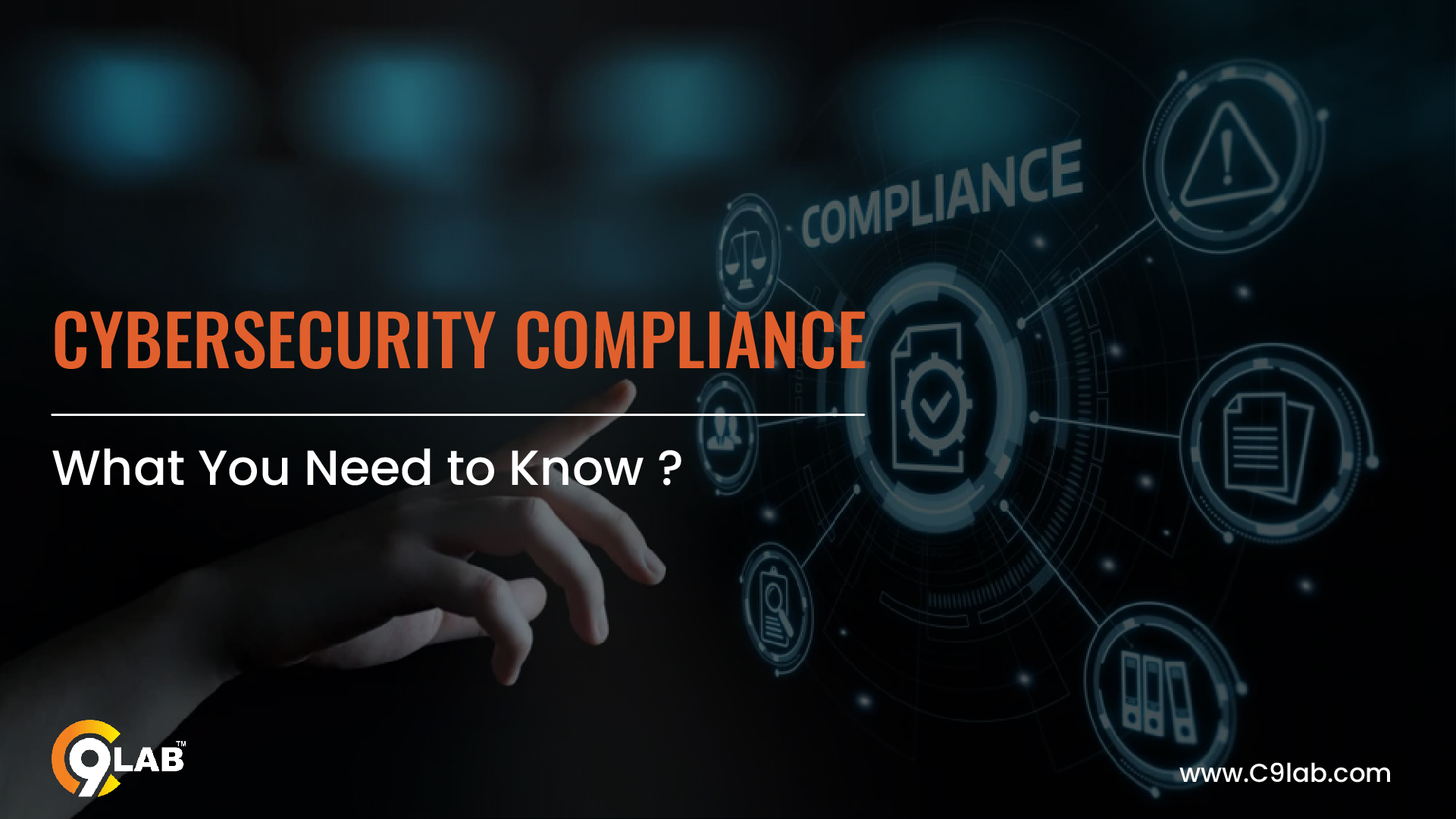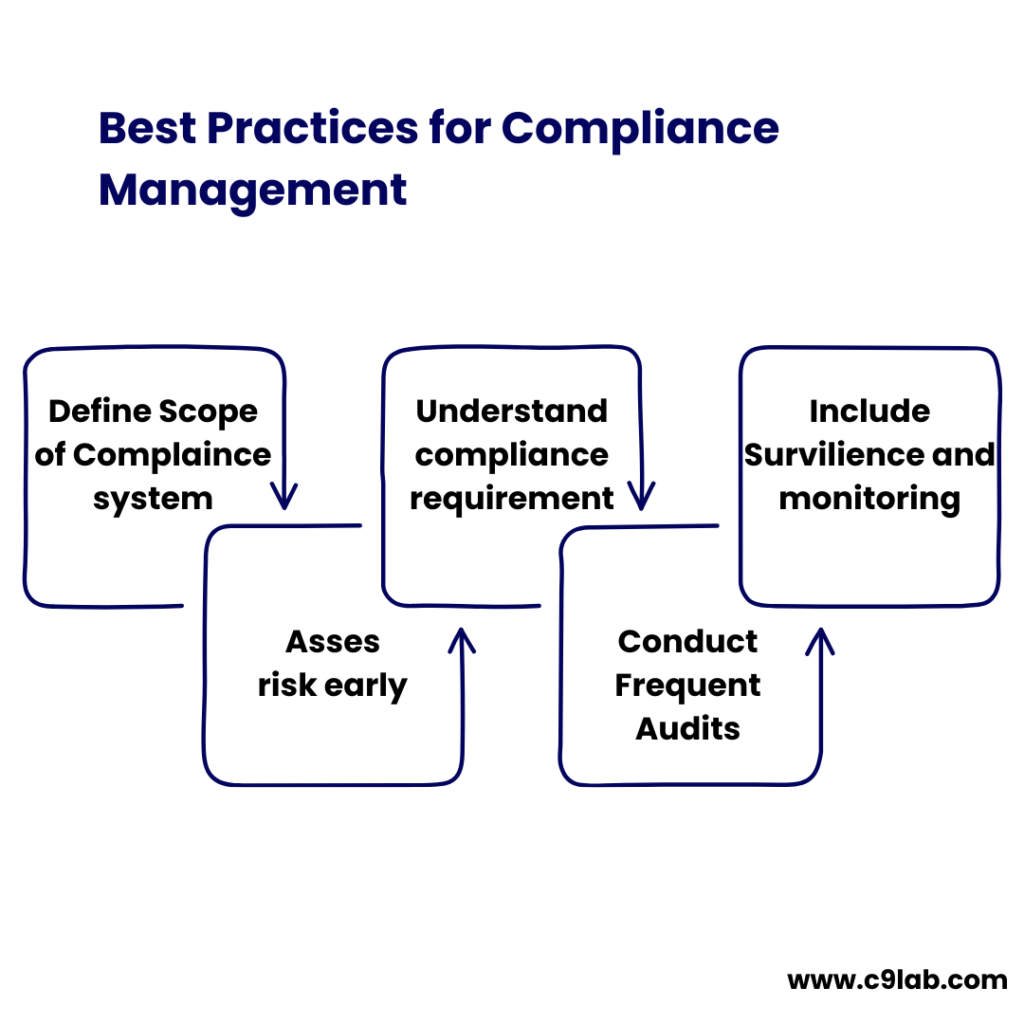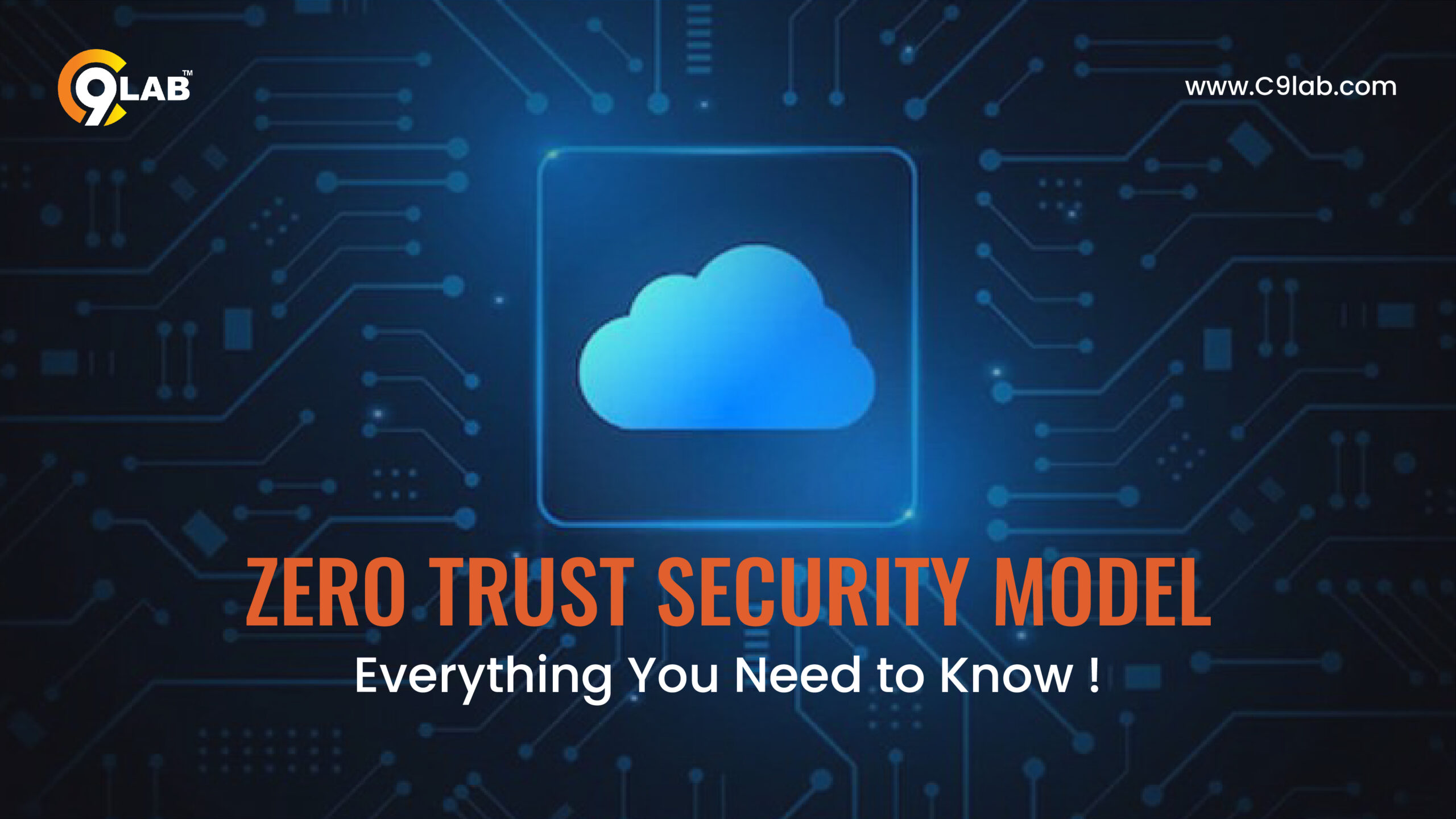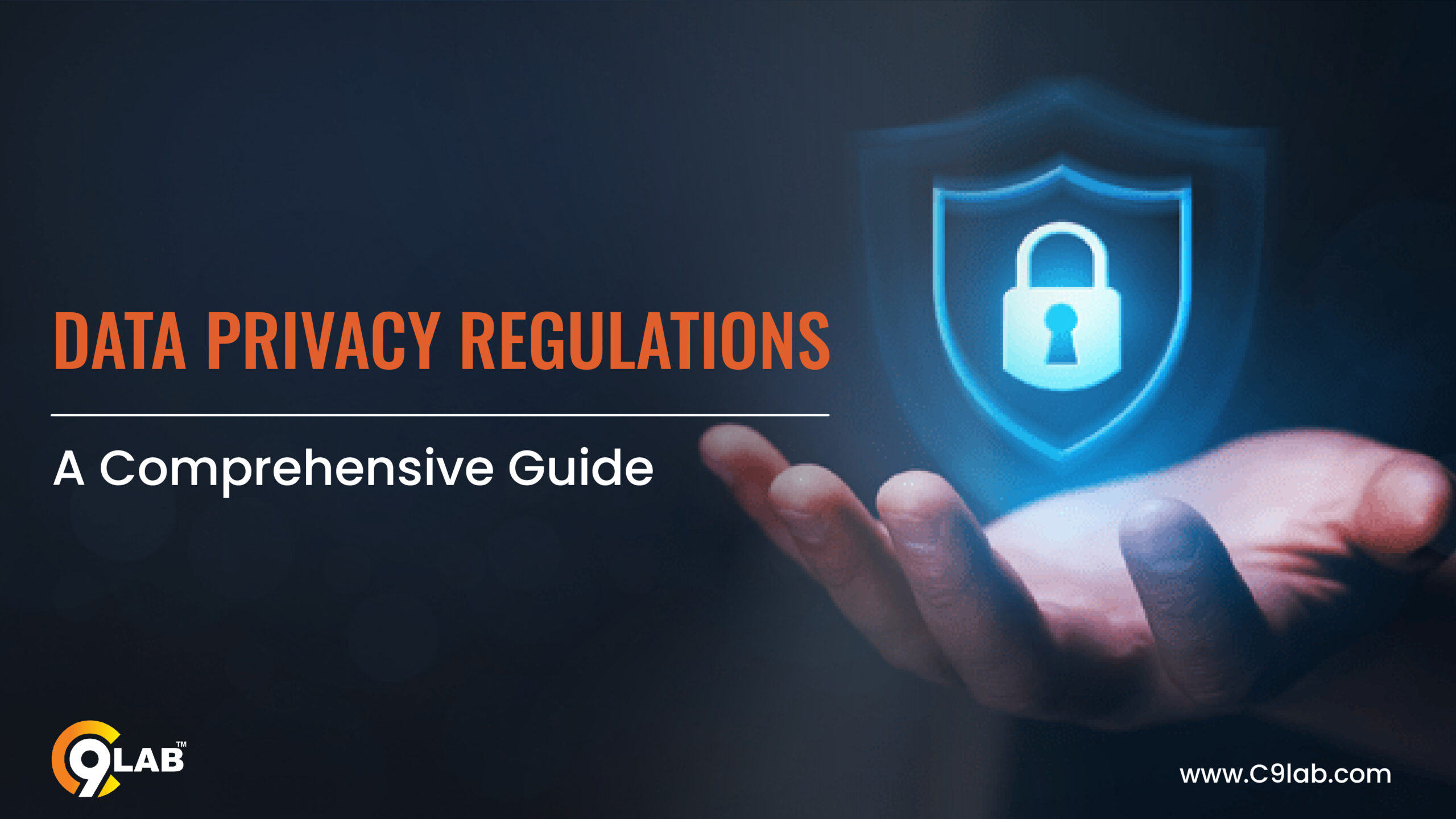
Cybersecurity Compliance: What You Need to Know
In an era where cyber threats are becoming increasingly sophisticated, ensuring cybersecurity compliance is more critical than ever. For businesses, adhering to cybersecurity compliance requirements is not just about avoiding fines—it’s about protecting sensitive data, maintaining customer trust, and ensuring the long-term success of the organization. This comprehensive guide will walk you through everything you need to know about cybersecurity compliance, helping you navigate the complex landscape of regulations and best practices.
What is Cybersecurity Compliance?
Cybersecurity compliance refers to the adherence to a set of laws, regulations, and best practices designed to protect the confidentiality, integrity, and availability of data. These requirements are often industry-specific and are enforced by various government bodies, industry groups, and regulatory agencies. Non-compliance can result in significant fines, legal penalties, and reputational damage.
Understanding Cybersecurity Compliance Requirements
Cybersecurity compliance requirements vary depending on the industry, the type of data being handled, and the geographical location of the business. Here are some of the key regulations that businesses must be aware of:
1. General Data Protection Regulation (GDPR)
The GDPR is a comprehensive data protection law that applies to businesses operating in or dealing with customers in the European Union. It sets stringent requirements for data protection, including the need for explicit consent, data breach notifications, and the right to be forgotten.
GDPR Compliance Tips:
- Obtain clear and explicit consent before processing personal data.
- Implement procedures for reporting data breaches within 72 hours.
- Ensure customers can easily request data deletion.
2. Health Insurance Portability and Accountability Act (HIPAA)
HIPAA applies to healthcare providers, insurers, and their business associates in the United States. It establishes national standards for the protection of health information, requiring safeguards to ensure the confidentiality, integrity, and availability of electronic protected health information (ePHI).
HIPAA Compliance Tips:
- Implement technical safeguards such as encryption and access controls.
- Conduct regular risk assessments to identify potential vulnerabilities.
- Train employees on HIPAA requirements and best practices.
3. Payment Card Industry Data Security Standard (PCI DSS)
PCI DSS is a set of security standards designed to protect credit card information during and after a financial transaction. It applies to all businesses that accept, process, store, or transmit credit card information.
PCI DSS Compliance Tips:
- Use secure payment gateways and tokenization to protect payment data.
- Regularly update and patch all systems involved in payment processing.
- Conduct regular vulnerability scans and penetration testing.
4. Federal Information Security Management Act (FISMA)
FISMA applies to federal agencies and contractors in the United States. It requires the implementation of information security programs to protect government data and systems from unauthorized access and cyber threats.
FISMA Compliance Tips:
- Develop and document an information security program.
- Conduct regular security assessments and audits.
- Implement continuous monitoring of information systems.
Best Practices for Achieving Cybersecurity Compliance

Adhering to cybersecurity compliance requirements can be challenging, but implementing the following best practices can help ensure your organization stays compliant.
1. Conduct Regular Risk Assessments
Risk assessments are critical for identifying potential threats and vulnerabilities within your organization. By understanding where your weaknesses lie, you can implement targeted security measures to address them.
Risk Assessment Tips:
- Identify and prioritize assets based on their sensitivity and importance.
- Evaluate the potential impact of different types of cyber threats.
- Update risk assessments regularly to reflect changes in your IT environment.
2. Implement Strong Access Controls
Limiting access to sensitive data and systems is essential for maintaining compliance. Implementing role-based access control (RBAC) ensures that only authorized users have access to specific resources.
Access Control Tips:
- Use multi-factor authentication (MFA) to verify user identities.
- Regularly review and update user permissions.
- Monitor access logs to detect unauthorized activities.
3. Ensure Data Encryption
Data encryption is a fundamental requirement in many cybersecurity regulations. Encrypting sensitive data both at rest and in transit ensures that even if data is intercepted, it remains unreadable to unauthorized parties.
Encryption Best Practices:
- Use strong encryption algorithms such as AES-256.
- Implement encryption across all devices, networks, and applications.
- Regularly update encryption keys and policies.
4. Provide Employee Training
Employees are often the first line of defense against cyber threats. Regular training ensures that your staff is aware of the latest threats, compliance requirements, and best practices for maintaining security.
Training Tips:
- Conduct regular cybersecurity awareness training sessions.
- Use real-world examples and simulations to reinforce learning.
- Provide ongoing education and resources to keep employees informed.
5. Maintain Comprehensive Documentation
Documentation is crucial for demonstrating compliance with cybersecurity regulations. Maintain records of your security policies, risk assessments, incident response plans, and employee training programs.
Documentation Tips:
- Keep detailed records of all compliance-related activities.
- Ensure documentation is easily accessible for audits and inspections.
- Regularly review and update documentation to reflect changes in regulations and business operations.
The Role of C9Lab in Cybersecurity Compliance
At C9Lab, we understand the complexities of navigating cybersecurity compliance requirements. Our suite of security solutions is designed to help businesses achieve and maintain compliance with ease.
- C9Phish: Our AI-powered phishing mitigation platform helps organizations protect against phishing attacks, a common threat that can lead to compliance violations.
- C9Eye: This platform offers comprehensive security monitoring, including risk assessments, encryption management, and access controls to ensure compliance with regulations like GDPR, HIPAA, and PCI DSS.
- QSafe: Our proactive brand protection platform helps businesses monitor and mitigate potential security threats, ensuring compliance with industry standards and regulations.
By leveraging C9Lab‘s advanced security solutions, businesses can enhance their cybersecurity posture and ensure compliance with global cybersecurity regulations.
Conclusion
Cybersecurity compliance is a critical aspect of modern business operations. By understanding and adhering to the various cybersecurity compliance requirements, organizations can protect sensitive data, avoid legal penalties, and maintain customer trust. Implementing the best practices outlined in this guide, along with leveraging the expertise and solutions offered by C9Lab, will ensure your business remains compliant and secure in an increasingly complex regulatory environment.
FAQs
1. What is cybersecurity compliance?
Cybersecurity compliance refers to the adherence to laws, regulations, and best practices designed to protect the confidentiality, integrity, and availability of data.
2. Why is GDPR compliance important?
GDPR compliance is crucial for businesses that process the personal data of EU residents, as it sets stringent requirements for data protection and imposes heavy fines for non-compliance.
3. How can businesses achieve HIPAA compliance?
Businesses can achieve HIPAA compliance by implementing technical safeguards, conducting regular risk assessments, and training employees on HIPAA requirements.
4. What are the key requirements of PCI DSS?
PCI DSS requires businesses to use secure payment gateways, regularly update systems, and conduct vulnerability scans to protect credit card information.
5. How does C9Lab help with cybersecurity compliance?
C9Lab offers advanced security solutions, including phishing mitigation, security monitoring, and brand protection, to help businesses achieve and maintain cybersecurity compliance.
Keep your business safe and informed with the latest cybersecurity news, insights, and expert tips.
📬 Subscribe to Our Newsletter: Cyber Briefs




2 Comments
I got good info from your blog
Thank you so much! 😊 I’m thrilled to hear that you found the blog helpful. If there’s a specific topic you’d like me to cover or dive deeper into, feel free to let me know—I’m always looking for ideas to better serve my readers. Happy reading! 📚✨